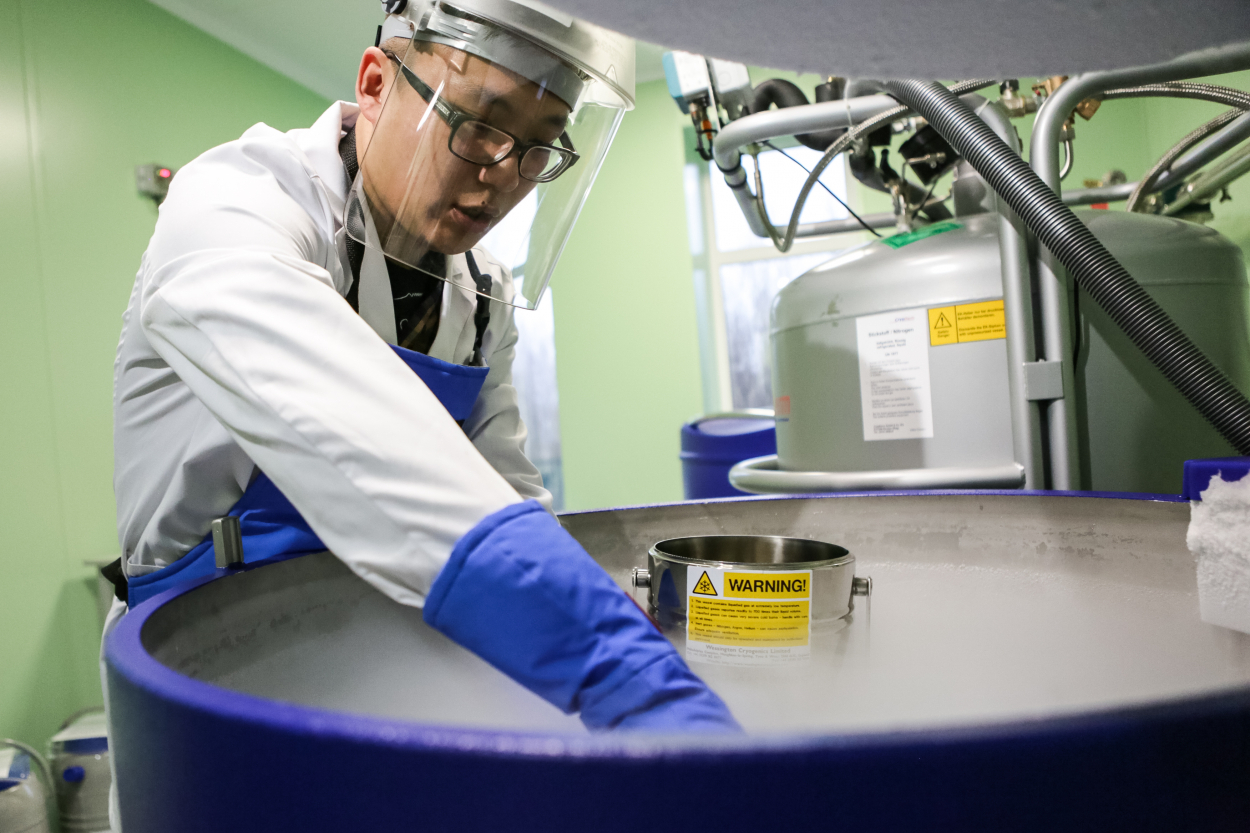Scientists from Russia and Estonia collect the first 400 biosamples to study type 2 diabetes

More than 400 blood samples of patients with type 2 diabetes have already been collected by geneticists from the laboratory of biobanking and genomic medicine, St Petersburg University, together with their colleagues from Pskov State University and the University of Tartu. Their goal is to create a collection of 2,000 biological samples. This will help to find genetic markers of the disease development and to design preventive measures for residents of Russia and Estonia.
A unique Russian–Estonian project ‘Development of Measures for Improving the Quality of Diagnosis and Prevention of Type 2 Diabetes’ was launched in May 2019. Scientists began collecting blood samples from patients with type 2 diabetes living in the Northwest. The bases for the collection of biomaterials were: Pskov Regional Clinical Hospital; D.O. Ott Research Institute of Obstetrics, Gynaecology and Reproductology; St Martyr George City Hospital; and other medical institutions of St Petersburg and Pskov, including endocrinological centres.
The project is being implemented within the framework of the international cooperation programme between Russia and Estonia (‘Estonia-Russia Cross-Border Cooperation Programme 2014–2020’). It is intended to last three years: from 1 May 2019 to 30 April 2022. It has been designed to determine the genetic causes of the development of type 2 diabetes. It will also identify genetic markers associated with the severe form of the disease. The collected samples are planned to be analysed using the genome-wide association studies (GWAS) and next-generation sequencing. They are stored in the Biobank of the St Petersburg University Research Park. This is a specialised cryogenic repository of biological materials which has various information about them.
The project is being implemented in cooperation with: St Petersburg University; the University of Tartu; Pskov State University; and OOO ‘Biogarmonia’. The amount of financing allocated by the Cross-Border Cooperation Programme for the project is 379,376.75 euros, which is more than 30 million roubles.

